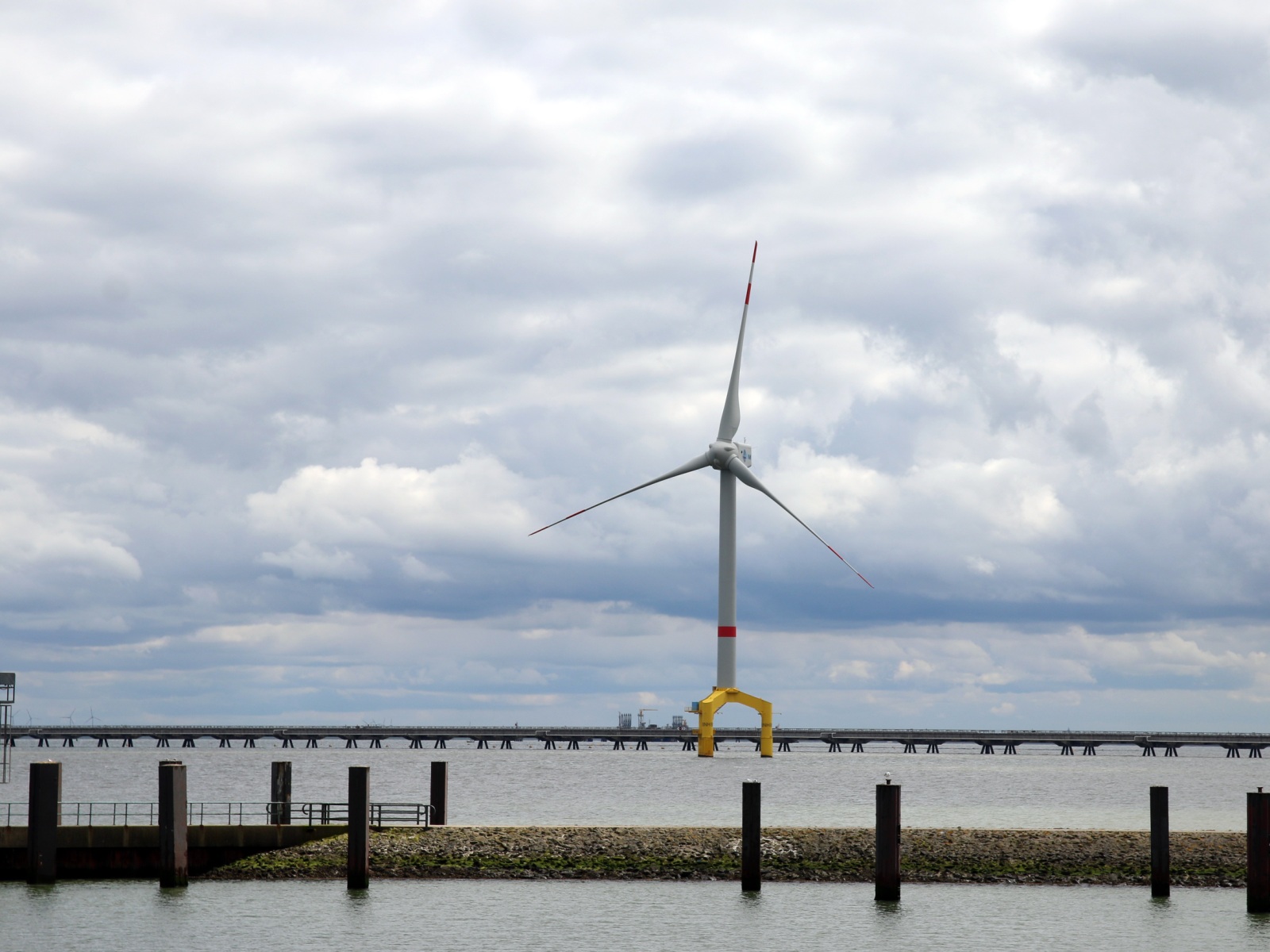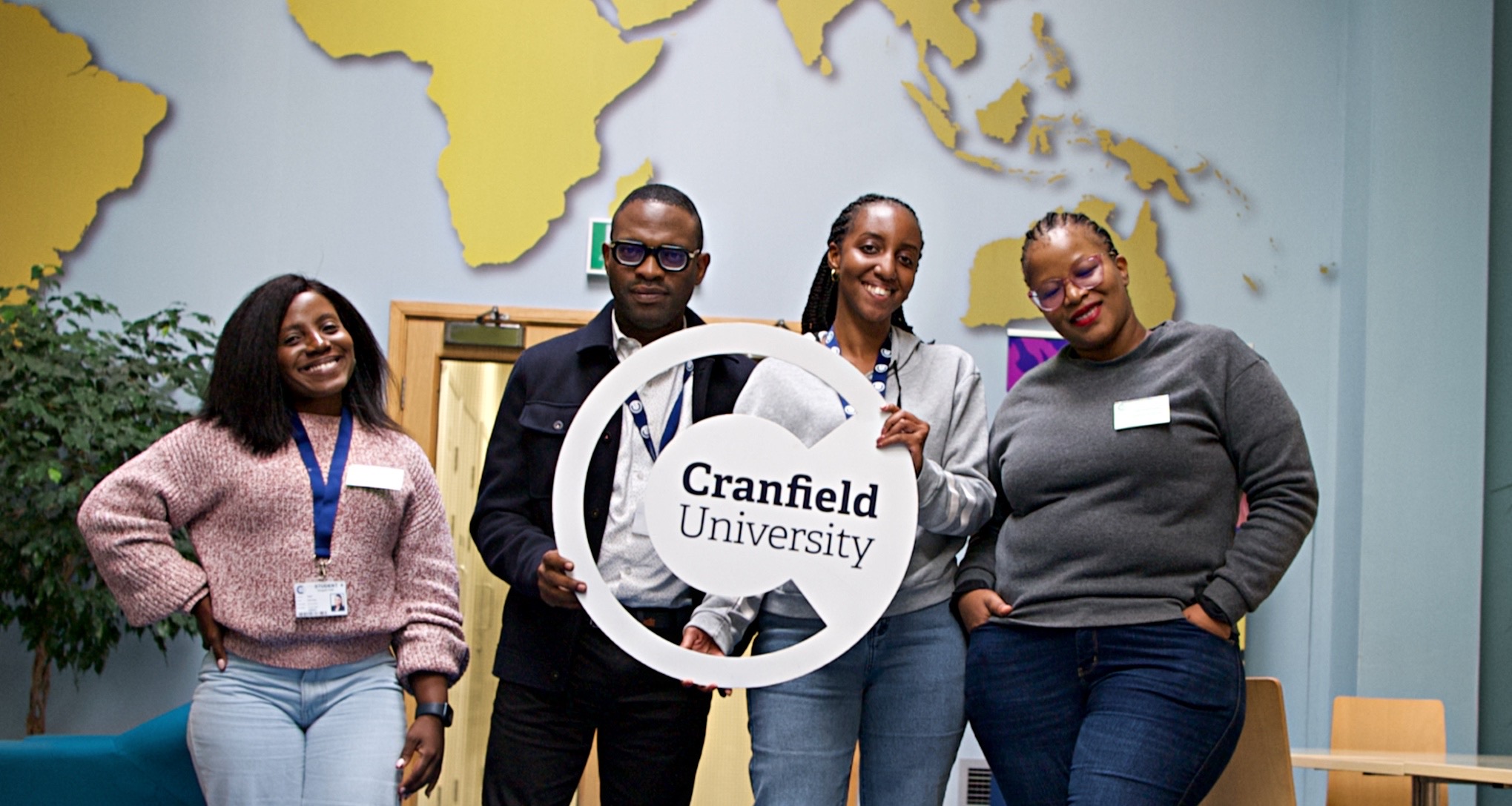New Offshore Engineering MSc
05/04/2018

About offshore engineering
Offshore engineering is, now more than ever, a rapidly developing discipline. In addition to its traditional relevance to the oil and gas industry, since the 1950s, it is now expanding to embrace the novel engineering challenges presented by the offshore renewable energy industry.
Around 1500 offshore wind turbines are already operating in the UK, for a total of 5.4GW (enough to power around 3.6 million houses), with further 3GW under construction (coming online in the next few years), and 13GW consented (will be online in the next 5-10 years). Despite being a commercially mature field and economically sustainable even without incentives, it is still a relatively young industry, with a substantial need for optimisation, and an urgent specialised skills gap to bridge.
The offshore renewable energy industry has learnt a lot from the offshore oil and gas industry, but it has also tackled novel challenges, specific of this field. In particular, the paramount need to lower the cost of the electricity produced by a wind turbine, a wave energy device, or a tidal turbine, has pushed the industrial and academic research community to analyse more in-depth old and new challenges, to find new solutions to old problems.
With the consistently low oil prices of the past years, the offshore oil and gas industry has a need to reinvent and optimise itself – and it is now driven, like never before, by lowering the costs of oil production.
Strangely enough, the two sectors are now tackling very similar challenges, and a mutually beneficial synergy can be established. This is how the Offshore Engineering MSc at Cranfield University was born – by developing a state-of-the-art, up-to-date new MSc exploiting Cranfield University’s strong track record in offshore renewable energy and oil and gas projects.
Why study our Offshore Engineering MSc?
Cranfield’s Offshore Engineering MSc provides students with the new skills needed across this fast-developing sector, together with the fundamental engineering knowledge necessary, whatever the application.
The MSc starts with a number of modules focusing on the offshore engineering fundamentals, such as ‘Materials and Corrosion in the Offshore Environment’, ‘Risk, Reliability and Inspection Offshore’, and ‘Engineering Stress Analysis’, ‘Structural Integrity’, and ‘Dynamics of Offshore Structures’. Then, it is complemented by a number of modules focusing on more recent, fast-developing disciplines such as ‘Advanced Maintenance of Offshore Assets’, where the latest techniques in monitoring and inspection are explained, or ‘Health, Safety, Security and Environment’, where the engineering students can gain a holistic, more comprehensive overview of the multidisciplinary aspects of large offshore projects, as well as ‘Reliability Engineering and Asset Risk Management’, looking in depth at the Management aspects of these large projects.
Similar to the other Energy and Power MScs, these taught modules are complemented by a group-based research project which requires team work to develop problem definition, hypothesis setting, analysis and problem-solving skills to address challenges faced by professionals. This module is typically delivered through collaboration with an industrial sponsor, and is designed to integrate knowledge, understanding and skills from the taught modules in a real-life situation.
The Offshore Engineering MSc teaching staff are proud and excited to provide this state-of-the-art, much needed by industry MSc, and are looking forward to working with all of you.
>>Find out more about this course, as well as others, by clicking here <<
Categories & Tags:
Leave a comment on this post:
You might also like…
Commonwealth Scholarships play a critical role in developing sustainability and leadership in Africa
Q&A with Evah Mosetlhane, Sustainability MSc, Commonwealth Distance Learning Scholar What inspired you to pursue the Sustainability MSc at Cranfield? I was inspired to pursue the Sustainability MSc at Cranfield because of the university’s ...
How do I reference a thesis… in the NLM style?
You may be including theses within your research. When you do so you need to treat them in the same way as content taken from any other source, by providing both a citation and a ...
Introducing… Bloomberg Trade Flows
Are you interested in world trade flows? Would it be useful to know which nations are your country's major trading partners? If so, the Bloomberg terminal has a rather nifty function where you can view ...
Cranfield alumni voyage to the International Space Station
Seeing our alumni reach the International Space Station (ISS) has a ripple effect that extends far beyond the space sector. For school students questioning whether science is “for them”, for undergraduates weighing their next ...
From classroom to cockpit: What’s next after Cranfield
The Air Transport Management MSc isn’t just about learning theory — it’s about preparing for a career in the aviation industry. Adit shares his dream job, insights from classmates, and advice for prospective students. ...
Setting up a shared group folder in a reference manager
Many of our students are now busy working on their group projects. One easy way to share references amongst a group is to set up group folders in a reference manager like Mendeley or Zotero. ...






